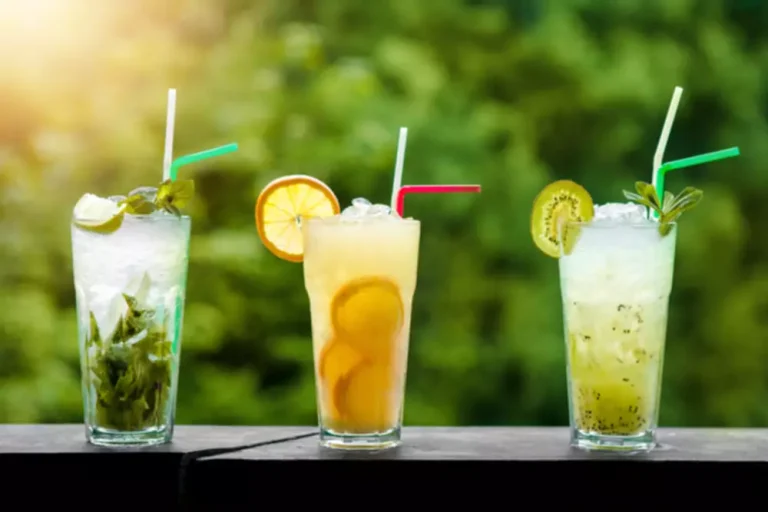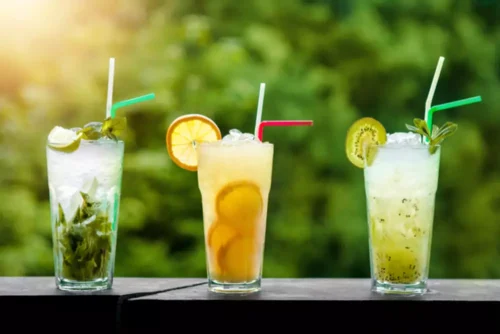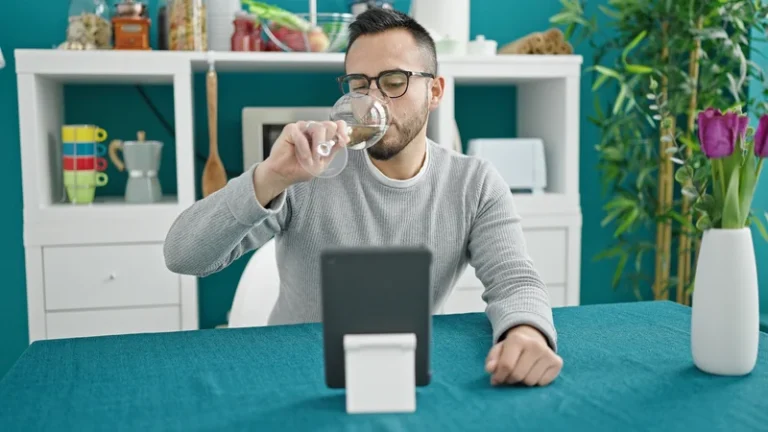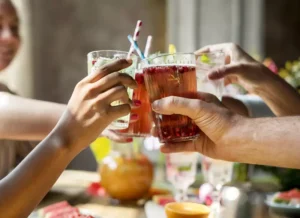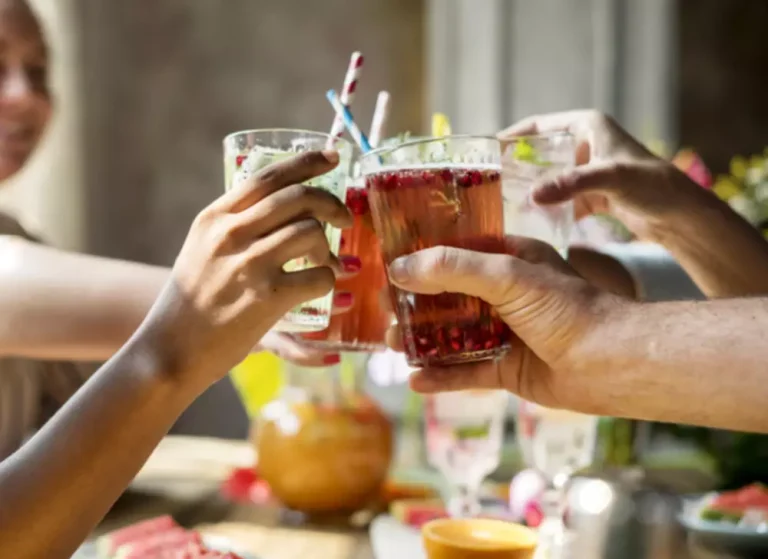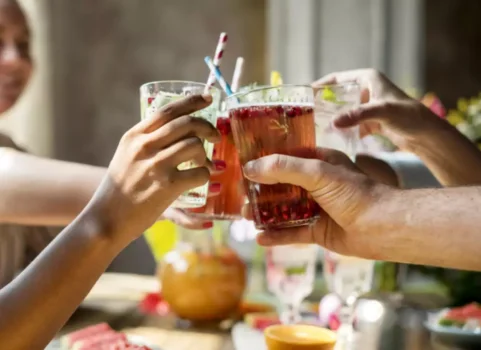Jackpot-Erlebnisse ziehen Spieler aus der ganzen Welt in ihren Bann. Bei Gamblezen stehen zahlreiche Spiele bereit, die nicht nur die Spannung fördern, sondern auch die Möglichkeit hoher Gewinne bieten. Jedes Spiel ist darauf ausgelegt, die Gewinnchancen zu maximieren und Spielern ein unvergessliches Erlebnis zu bescheren.
Durch innovative Grafiken und fesselnde Geschichten heben sich die Jackpot-Spiele ab und bieten nicht nur Unterhaltung, sondern auch lukrative Auszahlungen. Dabei können Spieler jeden Spin mit der Hoffnung auf den großen Gewinn beginnen und die aufregende Atmosphäre genießen, die nur Jackpot-Spiele vermitteln können.
Wenn es um die Auswahl der besten Jackpot-Spiele geht, bietet Gamblezen eine Vielfalt, die sowohl erfahrene Spieler als auch Neulinge anspricht. Eintauchen in diese Welt bedeutet, jeder Dreh könnte der entscheidende Moment sein, der zu den ersehnten hohen Gewinnen führt.
Top 5 Jackpot-Spiele für hohe Gewinne
Die jackpot-auswahl bei Gamblezen bietet zahlreiche Möglichkeiten, um beträchtliche Gewinne zu erzielen. Hier sind die fünf besten Jackpot-Spiele, die Sie nicht verpassen sollten:
1. Mega Moolah – Dieser legendäre Slot ist bekannt für seine enormen Jackpots. Mit einem progressiven Jackpot, der regelmäßig in die Millionen geht, zieht Mega Moolah Spieler aus aller Welt an.
2. Divine Fortune – Ein weiteres populäres Spiel, das für seine ansprechende Grafik und fesselnden Bonusfunktionen geschätzt wird. Spieler haben hier die Chance, große Gewinne durch Freispiele und Jackpot-Runden zu erzielen.
3. Major Millions – Dieses Spiel hat sich als einer der besten Progressivjackpots etabliert. Die Kombination aus spannender Action und der Möglichkeit, große Gewinne zu erzielen, macht es zu einem Favoriten unter den Spielern.
4. Arabian Nights – Mit seinem orientalischen Thema und zahlreichen Gewinnmöglichkeiten ist Arabian Nights eine ausgezeichnete Wahl. Die Jackpot-Ausschüttungen sind beeindruckend und ziehen Spieler an, die auf hohe Gewinne hoffen.
5. Hall of Gods – Dieses Spiel entführt die Spieler in die nordische Mythologie und bietet einen riesigen progressiven Jackpot. Die einzigartigen Bonusfunktionen und die Möglichkeit, große Summen zu gewinnen, machen es zu einem herausragenden Titel.
Mit dieser Auswahl an Jackpot-Spielen haben Spieler bei Gamblezen die besten Chancen auf beeindruckende Gewinne. Die verschiedenen Themen und Spielmechaniken sorgen dafür, dass für jeden Geschmack etwas dabei ist.
Wie man die Auszahlungsquoten bei Jackpot-Spielen versteht
Die Auszahlungsquote, auch bekannt als Return to Player (RTP), ist ein entscheidender Faktor, um die Gewinnchancen bei Jackpot-Spielen besser zu begreifen. Diese Quote gibt an, wie viel von den Einsätzen über einen längeren Zeitraum als Gewinne an die Spieler zurückfließt. Je höher der RTP, desto größer ist die Wahrscheinlichkeit, dass Spieler von hohen Gewinnen profitieren können.
Bei der Auswahl von Jackpot-Spielen sollten Spieler die RTPs vergleichen und geeignete Jackpot-Strategien entwickeln. Spiele mit höheren Auszahlungsquoten erhöhen die Chancen auf große Auszahlungen. Es ist ratsam, sich nicht nur auf die Höhe des Jackpots zu konzentrieren, sondern auch die RTP-Werte in Betracht zu ziehen.
Ein weiterer wichtiger Aspekt ist die Volatilität. Jackpot-Spiele mit hoher Volatilität bieten seltener Gewinne, jedoch sind die möglichen Auszahlungen in der Regel umso größer. Um erfolgreich zu sein, sollten Spieler eine kluge Jackpot-Auswahl treffen, indem sie sowohl RTP als auch Volatilität berücksichtigen. Dies hilft dabei, die eigenen Gewinnchancen zu maximieren und das Spielerlebnis zu optimieren.
Strategien zur Maximierung der Gewinnchancen in Jackpot-Spielen
Jackpot-Spiele können aufregend und potenziell lukrativ sein, wenn man die richtigen Strategien anwendet. Um Ihre Gewinnchancen zu erhöhen, sollten Sie einige wichtige Jackpot-Strategien im Hinterkopf behalten.
- Wählen Sie die richtigen Jackpot-Spiele: Setzen Sie auf beliebte Jackpot-Spiele mit höheren Auszahlungsquoten. Achten Sie auf progressive Jackpots, die oft erhebliche Gewinne bieten.
- Verstehen Sie die Regeln: Jede Jackpot-Slot hat ihre eigenen Regeln und Gewinnkombinationen. Lernen Sie die Spielmechanik, um informierte Entscheidungen zu treffen.
- Nutzen Sie Boni und Promotions: Viele Online-Casinos, einschließlich gamblezen, bieten spezielle Promotions, die Ihre Einsatzmöglichkeiten erweitern und zusätzliche Gewinnchancen bieten.
- Setzen Sie Limits: Bestimmen Sie ein Budget und halten Sie sich daran. Vermeiden Sie es, über Ihre finanziellen Möglichkeiten hinaus zu spielen.
- Maximieren Sie Einsätze: Spielen Sie den maximalen Einsatz, wenn die Gewinnchancen es zulassen, insbesondere bei progressiven Jackpots, um die besten Auszahlungen zu sichern.
- Spielen Sie regelmäßig: Kontinuität kann zu mehr Gelegenheiten führen, Gewinne zu erzielen. Die Teilnahme an verschiedenen Jackpot-Spielen kann hilfreich sein.
Diese Jackpot-Tipps können dazu beitragen, Ihre Chancen auf hohe Gewinne zu maximieren. Seien Sie geduldig und genießen Sie das Spielen!
Die besten Bonusangebote für Jackpot-Spieler bei Gamblezen
Gamblezen bietet eine Vielzahl von attraktiven Bonusangeboten, die speziell auf Jackpot-Spieler ausgerichtet sind. Diese Angebote können die Gewinnchancen erheblich steigern und Spielern helfen, die besten Jackpot-Spiele optimal zu nutzen.
Einer der beliebtesten Bonusarten ist der Willkommensbonus, der neuen Spielern oft einen prozentualen Bonus auf ihre ersten Einzahlungen bietet. Dies ermöglicht einen erweiterten Zugang zu den aufregendsten Jackpot Slots und einem größeren Budget für die Erkundung der Jackpot-Auswahl.
Zusätzlich bieten viele Anbieter Freispiele, die besonders in Spielen mit progressiven Jackpots von Vorteil sind. Freispiele ermöglichen es den Spielern, ohne Risiko hohe Auszahlungen zu erzielen, während sie die beliebten Jackpot-Spiele ausprobieren.
Ein weiterer interessanter Aspekt sind Treueprogramme, die häufig Belohnungen für regelmäßige Einsätze in Jackpot-Spielen bieten. Diese Programme belohnen Spieler nicht nur mit Punkten, sondern können auch exklusive Zugang zu speziellen Jackpot-Strategien oder höheren Gewinnstufen ermöglichen.
Um die Angebote optimal zu nutzen, sollten Spieler die Bedingungen der Bonusangebote genauestens überprüfen. Dies umfasst oft Anforderungen an die Umsatzbedingungen und die spezifischen Spiele, die für den Bonusqualifizieren. Das Verständnis dieser Kriterien kann dazu beitragen, die Gewinnchancen in Jackpot-Spielen zu maximieren.
Zusammengefasst sind die besten Bonusangebote bei Gamblezen eine hervorragende Möglichkeit, die Spielerfahrung zu verbessern und die Chancen auf große Auszahlungen in Jackpot-Spielen zu erhöhen. Mit den richtigen Angeboten steht dem Erleben von beeindruckenden Gewinnen nichts im Wege.

.jpg)
.jpg)

